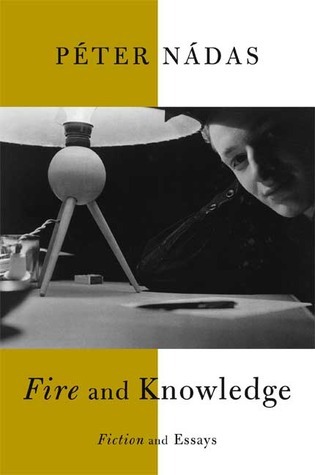What do you think?
Rate this book


400 pages, Hardcover
First published July 24, 2007
I did not long for rolling heads, human sacrifice, gurgling blood, or washed-out brains; I wanted only parched lips, the fine fragrance of genitalia, sperm, slick and slippery vaginas, intercourse with people of all races and social strata, the smelly sweat and protracted moans of love. What every living being discovers in him or herself as the primal chaos and the attraction of mortality.